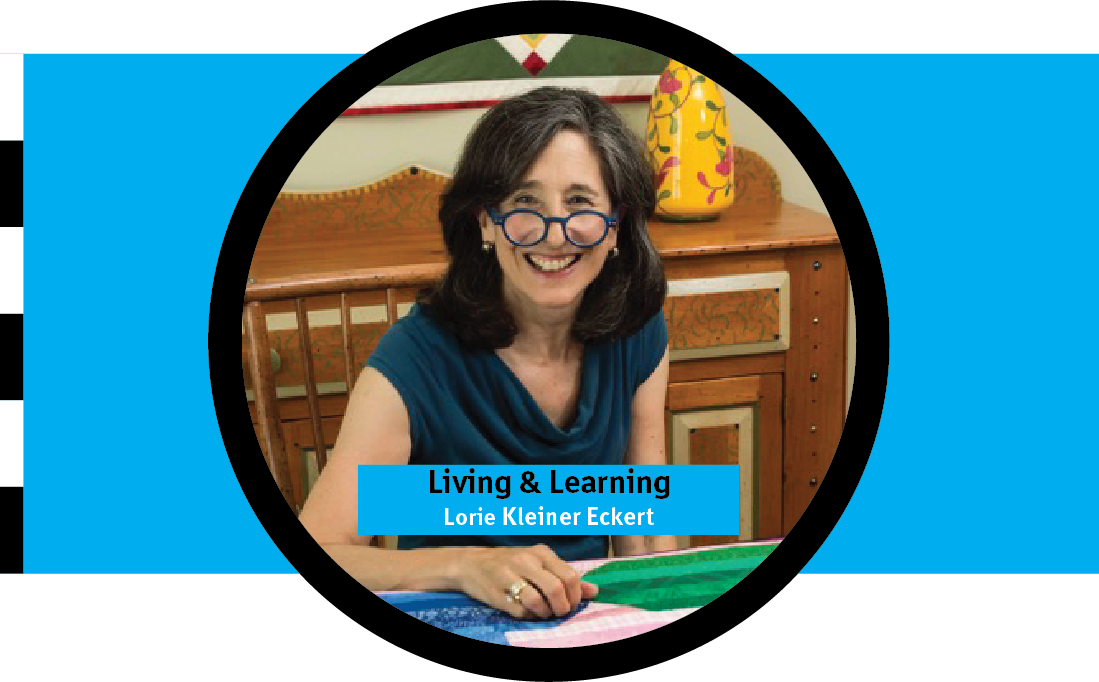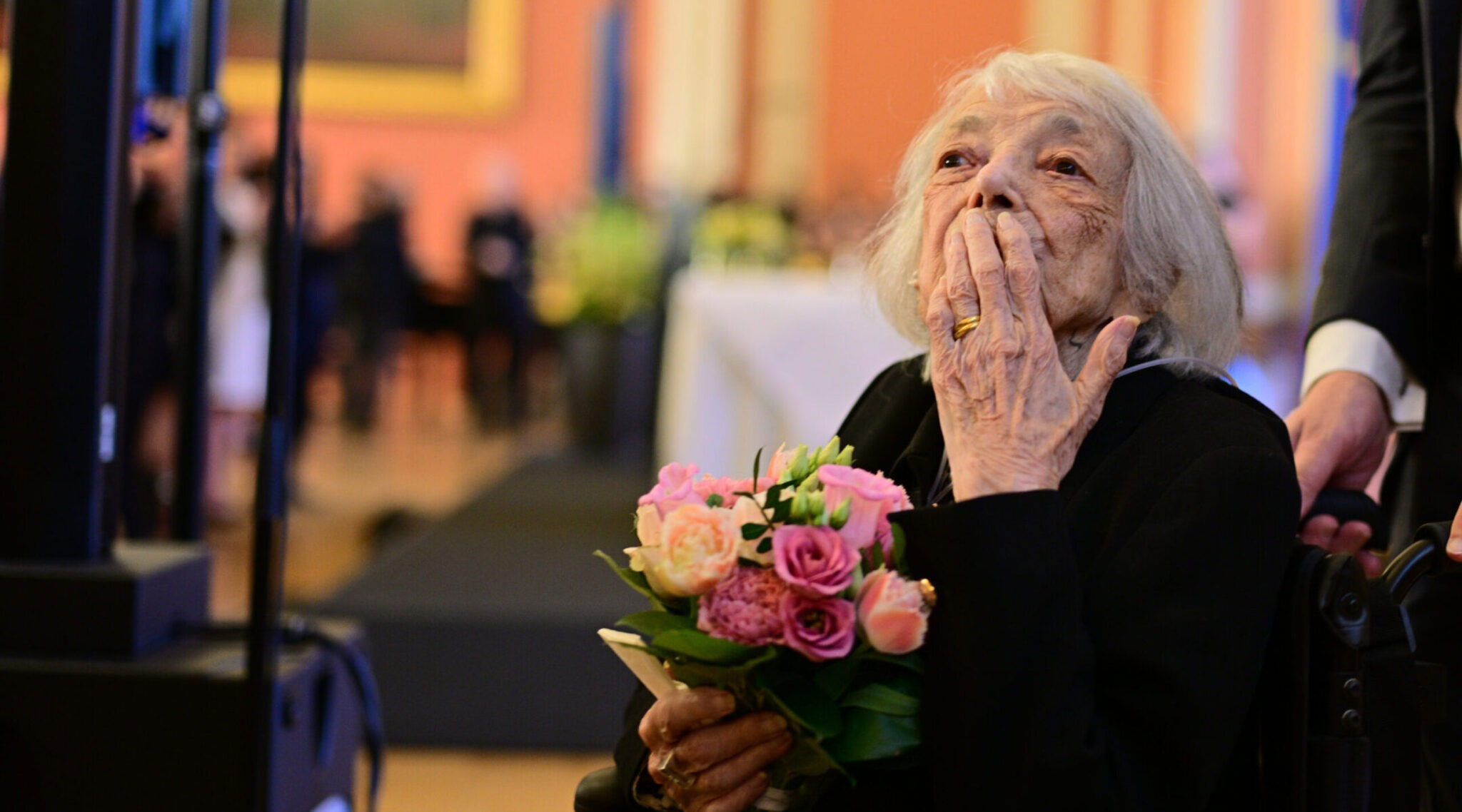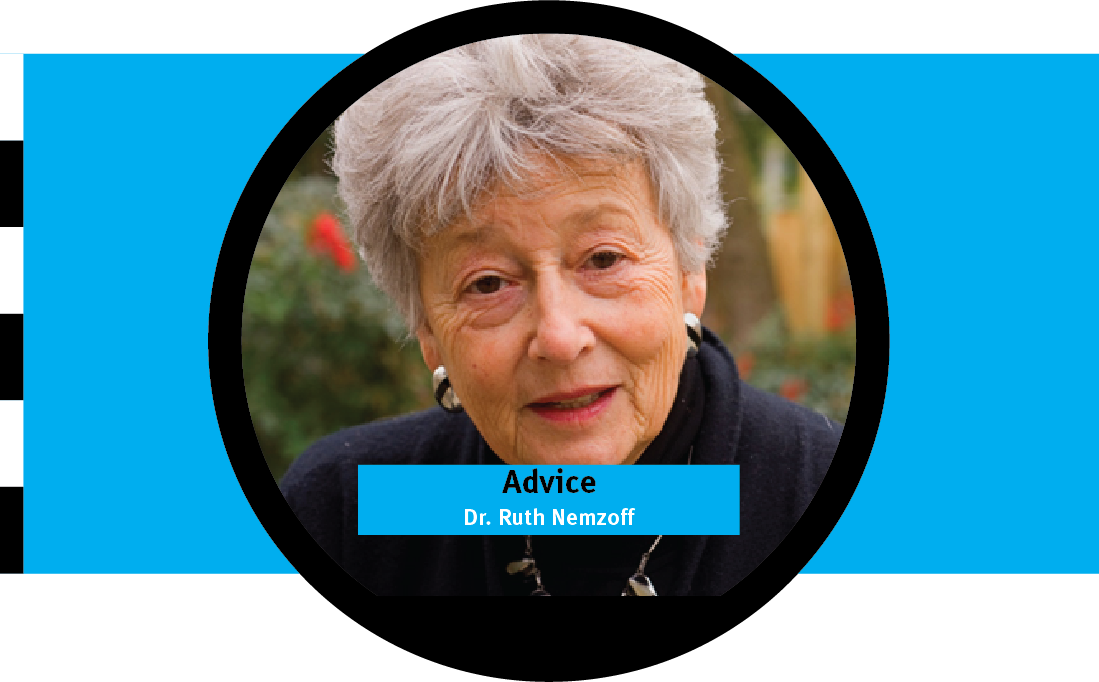
I attended a class recently that helped put a whole new slant on a very old idea. Though we were talking about the Jewish holiday of Passover, one does not need to think about freedom from Pharaoh to take advantage of the new point of view. Any freedom holiday will do. Independence Day, Juneteenth, you name it.
The idea of the class was that instead of just recounting the history around the given day, important as it is, why not give the holiday a modern and very personal twist? Why not use the day to explore personal emancipation from whatever might be “enslaving” us?
Perhaps it’s a job that is not a good fit for our personality, or a toxic relationship at home. It could be negative self-talk, or a bad habit like smoking. Credit card debt also comes to mind. All of these problems can be viewed as things that enslave us, and a freedom holiday is a good time to start to make a change. Notice my terminology. You can start to make a change remembering that reaching the desired goal may take a while. The Jews wandered the desert for forty years after the exodus. Patience is of importance.
Three more “P” words need consideration according to my teacher, Lisa Cook, and according to her mentor, Rochel Goldbaum. To help us make change in our lives, we need to understand the concepts of Personalization, Permanence and Pervasiveness.
Personalization –
When we see our failures and setbacks as things that are completely our fault, we are personalizing the problem. We need to remember that most of the time there are mitigating external circumstances contributing to our issues.
Making this more concrete: When I think one of my adult kids is a little cold in my direction, I immediately try to figure out what I did wrong! And while I may have done something wrong, it is just as likely that something is troubling them beyond what is currently happening between us.
They might be stressed over one of their kids’ math grades or choice of friends. It might be a friend in dire straits they are worrying about. Or maybe their mood is fouled by something as simple as the weeds in the garden or dishes piling up in the sink. But, oh my, what if it’s a health issue they are experiencing? Clearly, they could be stressed over a hundred different things that have absolutely nothing to do with me.
This is the “P” that is most troubling in my life. If I start to challenge my tendency to blame myself excessively and exclusively in every single situation, it could be very freeing indeed.
Permanence –
This refers to the way we view our negative situation. Do we see it as fleeting or as everlasting? Beyond our own final illness or that of a loved one, most of our problems do not last forever. But in the throes of a living nightmare, we might not feel that way.
I have this funky two-week-philosophy that kicks in when I am in the midst of a crisis situation. Of course, I freak out first! But then I tell myself that most likely I will have things figured out within a couple of weeks. “Two weeks” might be a euphemism for a longer period of time, but in the end, things always work out.
I use my own health history as an example. I suffered from a debilitating heart condition from the age of twelve until I turned forty-two. And then, miraculously, a new procedure was invented that fixed my problem. It changed my life completely. In this case, “two weeks” was thirty years, but the lesson of my heart ablation always keeps me hopeful.
In dire situations, I don’t go into a mindset of permanence. I go by the old axiom instead: This, too, shall pass.
Pervasiveness –
This is our tendency to think of our problem as global. If we fail in one area of life, we think we have failed in all.
In the class I attended, Lisa Cook suggested a compartmentalization exercise to fix such a mindset. She gave us a handout with a grid containing three rows of four boxes. Each of the twelve boxes was labeled with some area of life such as My Relationship with Relatives, My Emotional Health, or My Friendships.
Comparing the grid to a waffle, she reminded us that if two squares of a waffle were burnt or too soggy with syrup, we still had ten waffle squares to enjoy.
Likewise, our life is beautiful even with a couple of blemishes.
It is very easy to see where we could be emancipated from our problems if we gave up any of the three Ps that might be plaguing us:
It’s all my fault.
This problem will last forever.
It will impact every single area of my life.
Perhaps just thinking in these terms will help people make changes in life. But then again, getting started is always so darn tough. We may not need a freedom holiday to free us from problems enslaving us, but like New Year’s Eve resolutions, it’s great to have an excuse to take steps in a new direction.
Juneteenth is just around the corner and then the Fourth of July. Let freedom ring?
Great idea! Give a freedom holiday a personal twist by using the day to explore personal emancipation from whatever might be “enslaving” us.





